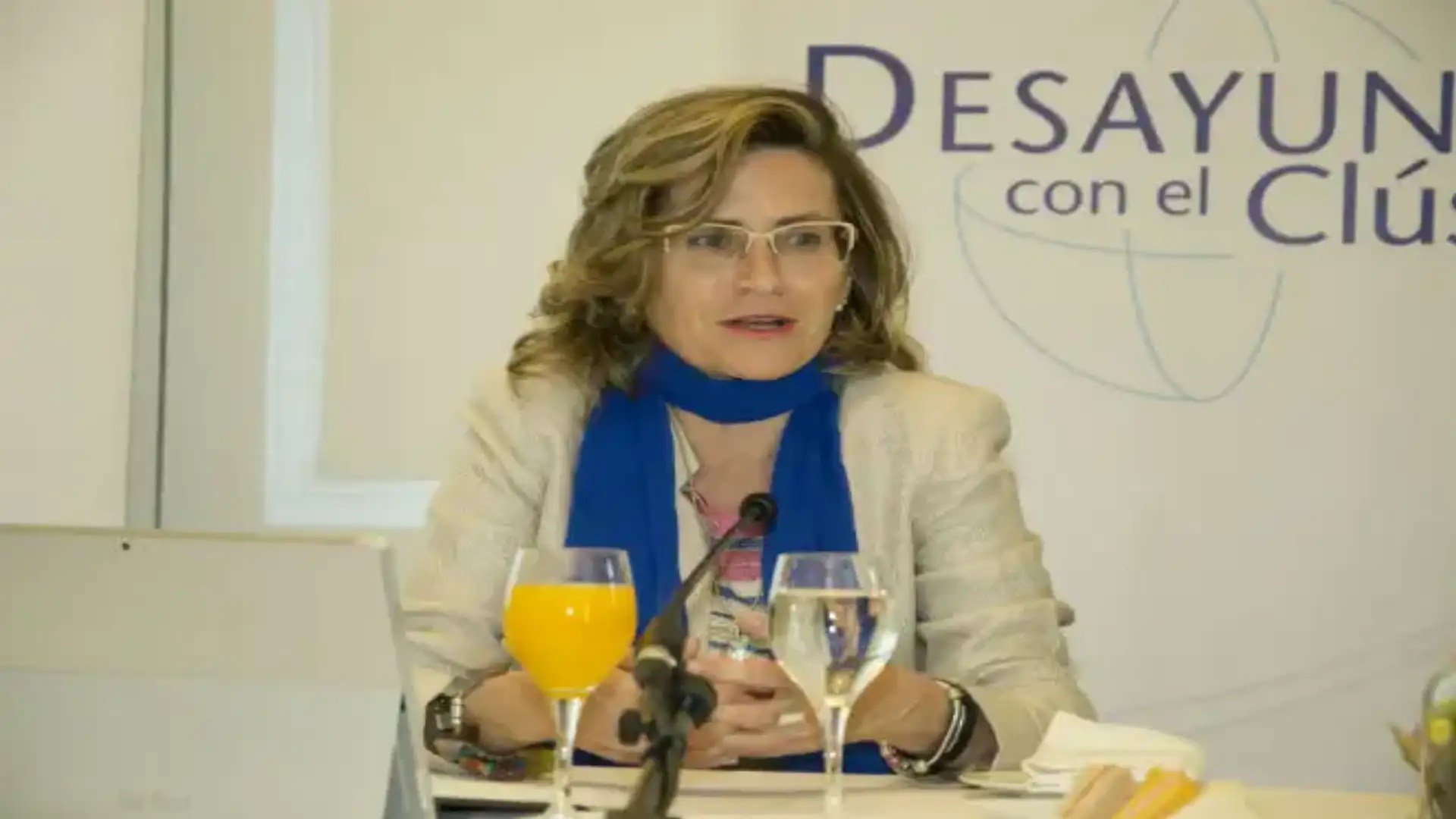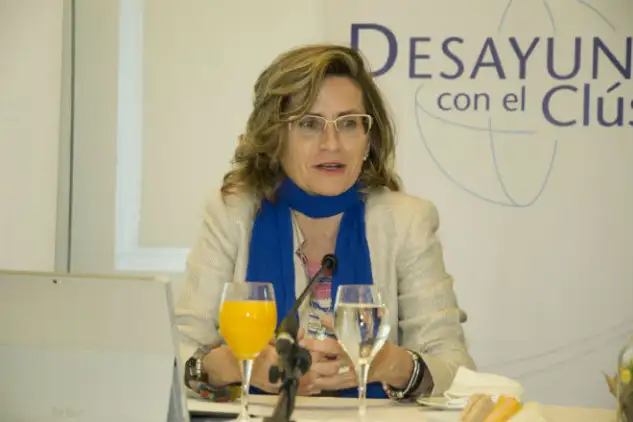
María Pilar Jurado: "We are part of the maritime sector"
María Pilar Jurado: "We are part of the maritime sector"

María Pilar Jurado, Director of the Customs and Special Tax Department of the State Tax Administration Agency of the Ministry of Finance and Public Service.
María Pilar Jurado, director of the Customs and Special Tax Department of the State Tax Administration Agency of the Ministry of Finance and Public Service, was the guest at the breakfast organized by the Spanish Maritime Cluster (CME) at the Palace Hotel in Madrid.
Under the title 'Customs and excise duties in the maritime sector', María Pilar Jurado explained the structure of his department and how it is integrated into the Spanish tax administration, as well as its functions, essentially focused on trade control.
In this way, the Customs and Special Tax Department pursues illegal activities, with particular emphasis on combating organized crime and tax offences. Some functions that sometimes "inconvenience the legitimate companies in the sector, but are necessary" and, as Jurado explained, "do not do so because we like it, but because we defend the common budget."
In this sense, one of the activities that most inspections often suffer and where the most unease is generated is the nautical of recreation, which brings a significant economic and social benefit in terms of gross added value and employment generation, as the president of the CME, Alejandro Aznar, recalled during the initial presentation.
Aznar also mentioned the main claim of this subsector, such as the need to improve its taxation and to homogenize the registration tax in relation to competing countries. For its part, Jury stressed that "everything that generates business is good for the country and good for us," and the sector cannot bring its problems or difficulties to growth because of supervisory activity or taxation.
Trade and monitoring
Half of European trade comes by sea and therefore it makes every sense to be part of the sector: "we are part of the maritime sector," Jury said at the beginning of his intervention, making use of it to thank the members of the CME for the inclusion of the Department of Customs and Special Taxes in the Cluster. "We are a tax agency and as such, part of the chain of maritime trade," the director said, while defending customs activity along with that of the other agents that make up the whole value chain in maritime transport.
María Pilar Jurado highlighted the role of customs in the world and in Spain, as the tax burden of this activity depends on the maturity of the country's tax administration. "The more development the less weight has, as is our case, where the focus is placed on the pursuit of illegal activities."
In this regard, the Director of the Customs Department clarified that "fraud is international, just as economic operators are not exclusively national," and thus the activity of her department is carried out in coordination with other European Union bodies.
"There are no longer borders, only the borders of the Union," said Jury, "so they go hand in hand with international actors and the rules applied in the customs field are strictly Community." In the tax field, what has been done is to adopt fully harmonised directives, he said.
Another important aspect of his intervention was the implementation of the Unified Customs Code, which has been in force for just one year. Its achievements include the inclusion of port warehouses, which were previously out of control, and the work done in close cooperation with State Ports and the operation of Customs as a single window.
Finally, and in the face of questions from the attendees about the tax weight of the different subsectors of the sea, Jury explained that they did not have such data, but that he found it very interesting to adopt these statistics. In this regard, Alejandro Aznar also agreed that it would be of great importance for the sector to have such information in a harmonised and official manner, and Jurado therefore assumed the request for its study and proposal to the Administration.
It was also established as a carrier of some requests from the attendees on other issues that raised doubts, such as port registration systems, making it clear that they did not fall within the competence of their negotiated but would address these concerns.
© 2024 Nautica Digital Europe - www.nauticadigital.eu











